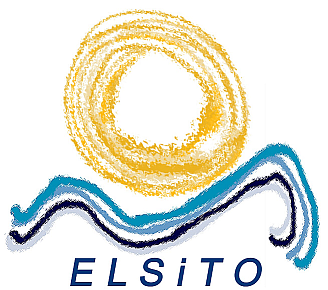History
The idea for the creation of a small network across Europe, aiming to address the needs of vulnerable social groups and specifically those persons with mental health problems, learning disabilities, immigrants and refugees in order to empower their social inclusion, emerged from the ongoing work of ENOTHE (European Network of Occupational Therapy in Higher Education www.enothe.hva.nl) to advance the body of knowledge and education of occupational therapy in Europe. In addition two of the potential partners in 2008 attended a course developed by Hanneke van Bruggen, Executive Director of ENOTHE, to develop skills in strategic thinking and the development and writing of projects.
Through these activities it was recognised that although occupational therapists have always worked with persons experiencing disability, facilitating adult learning through competency building and skill development, traditionally this has been in medical settings. In recent years they are transferring this expertise to community based initiatives, promoting work and recreational activities with vulnerable social groups in order to achieve inclusion. However this requires an extended range of professional competences and client competences, in particular regarding the empowerment of learning social, civic and competences for employability, and engaging in suitable occupations. Since this area is relatively new for occupational therapists and the service users, six partners decided to collaborate in order to explore and develop adequate approaches and best practice for the empowerment of inclusive communities. Practice and projects aiming for social inclusion, must, by definition, develop collaborative approaches between the staff and the people using the service. It was therefore decided that this partnership should recognise both service users and staff as learners, and that all should be included in developing understanding of the processes involved in social inclusion.
Therefore the idea emerged for the creation of a small European network to explore these issues, supported by an application for funding as a learning partnership within the Grundtvig Life Long Learning programme of the EU. Six partners worked to develop the application. Each of the partners are working with vulnerable adults in community based projects, developing approaches which empower the learners to participate in employment, social and civic activities. Funding for the project was approved for the period 2009-2011. For a variety of administrative reasons only three of the partners were finally able to receive funding, but the three other partners have remained closely connected to the project as collaborative partners. ENOTHE also agreed to be a collaborative partner, providing expertise and dissemination.
It is intended that the network will continue beyond the EU funding of the project and will continue to work to develop knowledge and understanding of the processes of social inclusion throughout Europe, facilitating the development of community based projects and programmes.
We have a list of previous activities.
